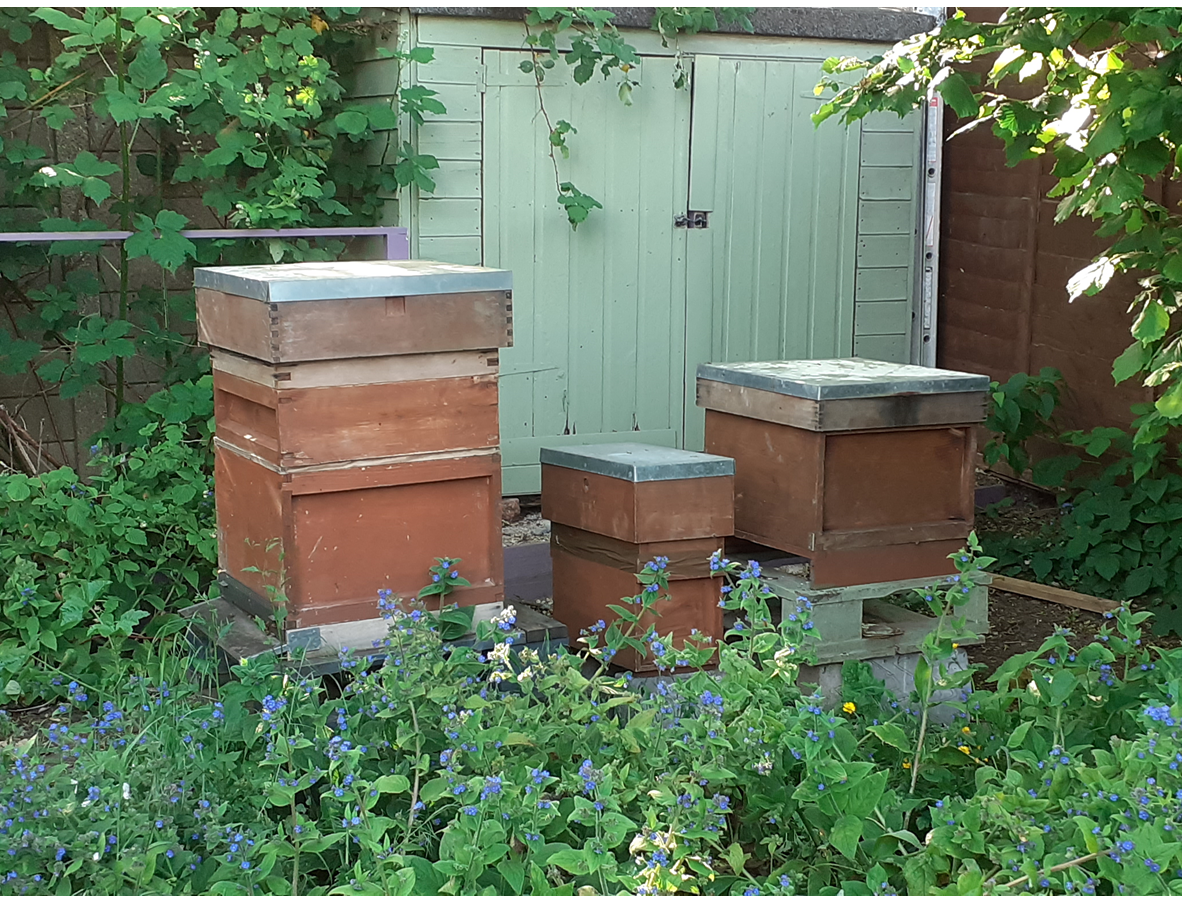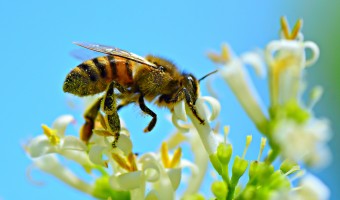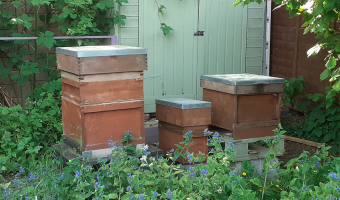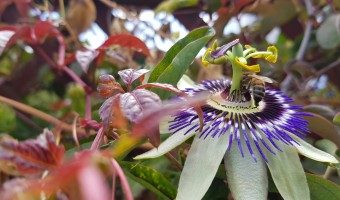The Rise and Rise of London’s Urban Bee Population
As rural bee numbers have declined in the past few decades the number of their city brethren have increased dramatically. The urban renaissance in apiculture (or beekeeping) has grown exponentially. Big cities such as Berlin, New York and London can all boast thriving colonies of urban bees. The drivers behind these significantly increasing numbers can be ascribed to several factors; back-to-nature-movements, the ease of starting a hive or concerning over the diminishing numbers have all been contributory factors to the proliferation. Some metropolitan beekeepers believe that bees can actually have a happier life in cities than they do in the countryside. Research points to the lack of pesticides and the diversity of forage in cities (as opposed to rural monocultures) as some of the reasons. It has been suggested that in many respects, the life of a city bee is less stressful than its rural contemporary. There may be some truth in this logic but the reality is far more nuanced.
Our 3-set honey box is currently offered with a 25% discount off for a limited time.
Click here to get your honey and give your immune system a boost today.
The plight of the modern honeybees was highlighted in the first decade of the new century when bees across the United States and Europe began dying in droves affected by a pandemic known as colony collapse disorder (CCD). It was blamed on pests, pesticides, parasites and loss of habitats increasing the bees' susceptibility to other pathogens. Research began to point at diet as another contributory factor affecting their health. Bees fed on polyfloral pollen blends were proven to have stronger immune responses and survived longer than those existing on a single type of pollen. Another culprit for the demise of rural bees was attributed to exposure to neonicotinoid pesticide which disabled the bees ability to find their way home after foraging and dying en-route.
Bees pollinate 80% of flowers and plants and 75% of fruit and vegetables and anything that reduces this ability has a knock-on effect on the production of our agricultural and horticultural crops. Without bees to pollinate these crops the result of the supply of foodstuffs would be apocalyptic.
Urban beekeepers will tell you that bees do better in the cities because there are no pesticides; a theory that holds water. Bees in many cities probably have greater dietary diversity of foraging which is borne out but the huge variety of honey produced by London bees to name but one thriving ‘bee city’. It may sound counterintuitive, but bees may have better food choices here than they do in many parts of the Home Counties for example. Urban apiculture has established itself in London as a 21st-century phenomenon. Take the products of Bermondsey Bees for example who have disparate colonies in green spaces in the city’s reclaimed docklands. Although they are no further than a couple of miles apart they are each uniquely different in flavours, colours and textures which is all down to the diversity of their diet.
In many urban gardens, on rooftops and on pieces of unused land around London bee colonies are thriving. Beekeeping in built-up areas has experienced a boom in popularity over the past decade and there are now over 5,000 beehives in London which were initially sparked off by the fear that the worlds bee population was under threat. Public concern resulted in hives across London multiplying and a renaissance in beekeeping was underway. Where once interest was marginal and the preserve of a handful of enthusiasts it is now firmly in the mainstream and rates as a small but perfect eco-friendly industry with the 9 square miles of London’s city limits. Apparently, the city has the highest density of honey-bees than anywhere else in Europe.
Pure, raw London honey is a premium product too and is produced from some unique colonies. Fortnum & Mason even makes its own, in hives on the roof of the Piccadilly store. There is also a burgeoning number of beekeeping initiatives e.g. beekeeping courses, apiary work-shops and so on including a seven-mile-long ‘bee corridor’ of wildflowers, designed to encourage pollination across the borough of Brent. However, and there is a note of caution here because London actually has far too many hives, many of which are poorly managed or neglected. All of TripTide’s beekeepers are passionate about providing their bees what they need to flourish and thrive. A multiplicity of plants and flowers ensures that this happens and providing it does the future for London’s bees is assured.
Try any of our raw honey specially provided for us to boost your immune system today by Clicking here!
 Urban Bees
Urban Bees
.jpg)


.png)
.png)

 Load more triptoids
Load more triptoids.png)

